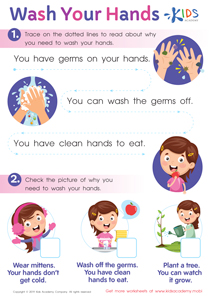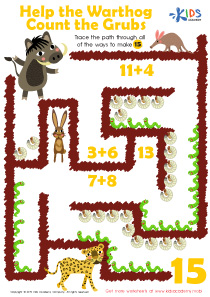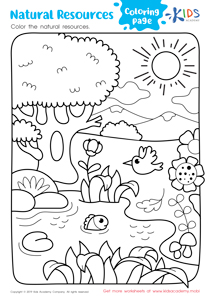Reading comprehension Normal Kindergarten Reading Non-Fiction Worksheets
3 filtered results
-
From - To
Welcome to our "Reading Comprehension Normal Kindergarten Reading Non-Fiction Worksheets" page! Here, you'll find engaging and educational worksheets designed specifically for kindergarteners. These non-fiction materials help young learners build essential reading comprehension skills while exploring fascinating real-world topics. Each worksheet includes age-appropriate texts, interactive questions, and enjoyable activities that encourage critical thinking and discussion. Perfect for individual learning or group settings, our worksheets foster a love for reading and enhance vocabulary through informative content. Support your child's literacy journey while sparking curiosity about the world around them. Explore our collection to make learning an exciting adventure!
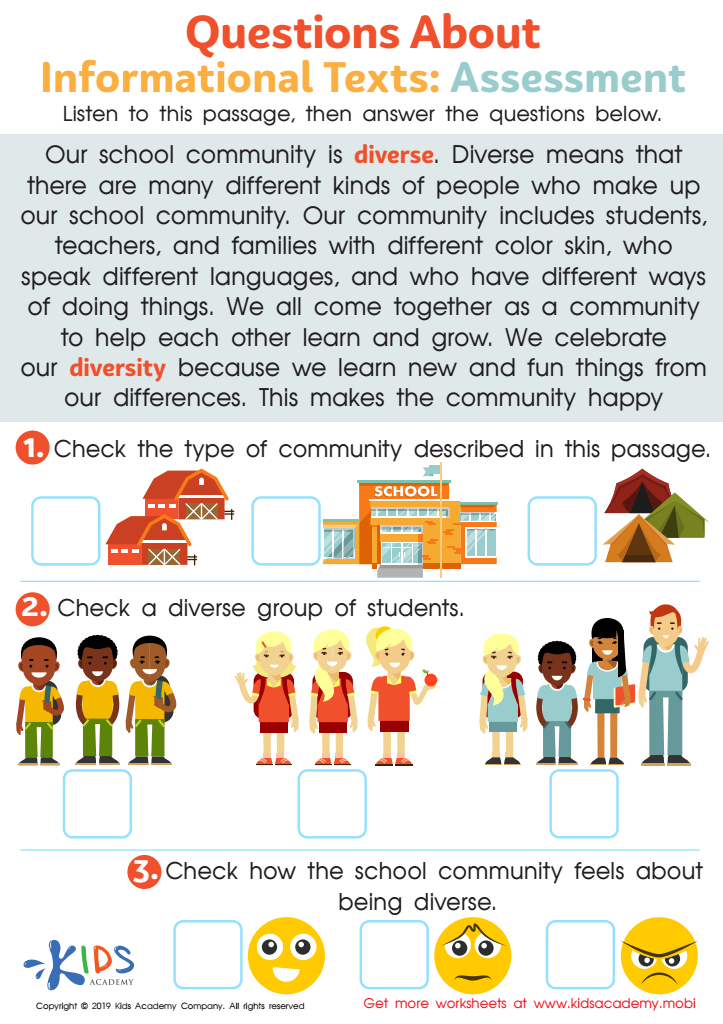

Questions About Informational Texts: Assessment 1 Worksheet
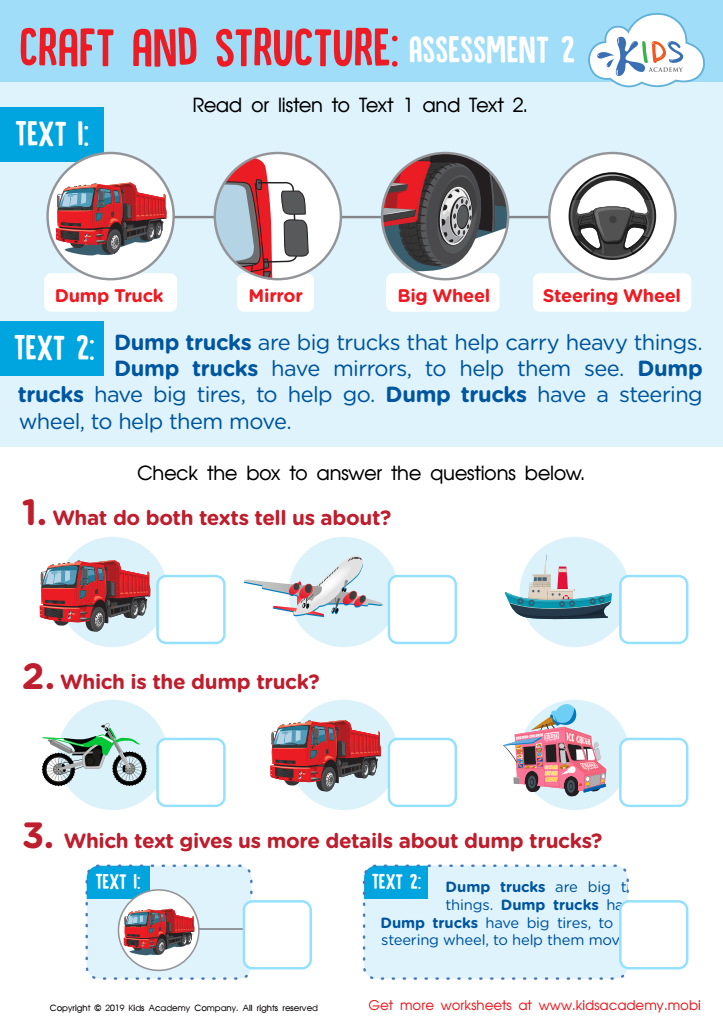

Craft and Structure: Assessment 2 Worksheet
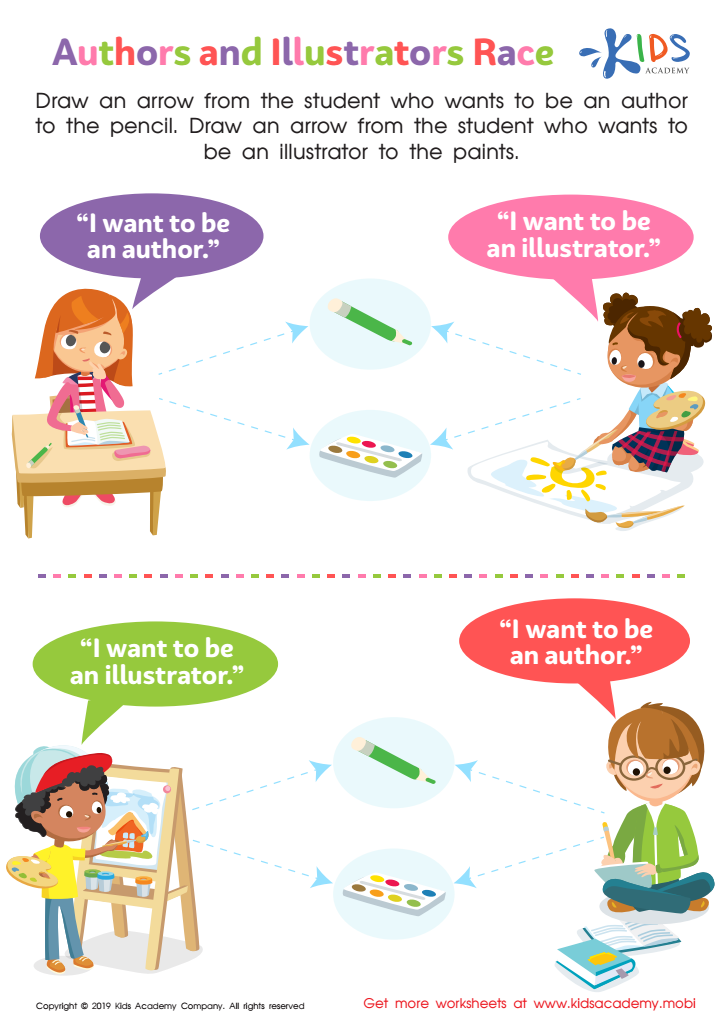

Authors and Illustrators Race Worksheet
Understanding reading comprehension, particularly in the context of non-fiction for kindergarteners, is essential for both parents and teachers. First, reading comprehension lays the groundwork for future academic success. In early education, non-fiction texts can engage children with the world around them, fostering curiosity and critical thinking skills. These texts often present real-life concepts, enhancing vocabulary and comprehension, essential components of literacy.
Non-fiction reading cultivates a child’s ability to understand and explore different subjects, ranging from animals to science and community. This helps in building a rich foundation of knowledge and reinforces an understanding of how to gather information from texts. Parents and teachers should prioritize fostering this aspect because it encourages children to ask questions and seek answers, supporting their natural inquisitiveness.
Additionally, strong reading skills boost self-esteem and confidence in learners. When children understand what they read, they become more engaged and motivated learners. They learn not just to read, but to think critically and independently.
In conclusion, promoting reading comprehension in non-fiction genres in kindergarten supports literacy development and academic achievement while nurturing a child’s enthusiasm for lifelong learning. Educators and parents must collaborate to create a positive reading environment that emphasizes the significance and enjoyment of understanding information.
 Assign to My Students
Assign to My Students




